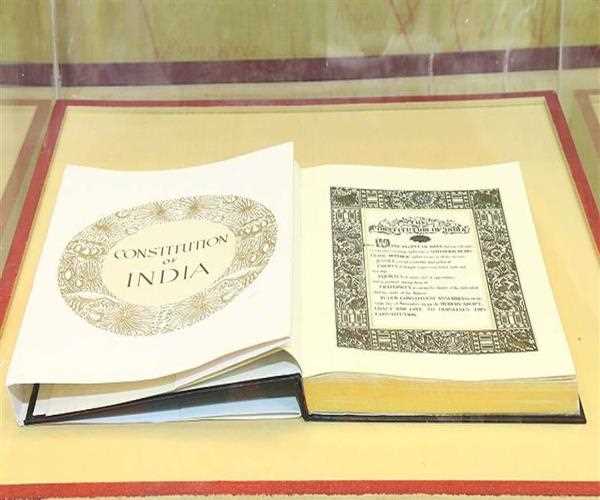Article 30 in the Indian Constitution is a fundamental right that guarantees all minorities the right to establish and administer educational institutions of their choice. The article also lays down that the state shall not discriminate against any educational institution on the grounds of religion or language.
The framers of the Constitution were mindful of the fact that India is a land of many religions and linguistic groups, and that the rights of minorities needed to be safeguarded. They included Article 30 in the Constitution to ensure that minorities are not discriminated against when it comes to education. Article 30 is a fundamental right guaranteed by the Constitution. It is a right that is enshrined in the international human rights instruments such as the Universal Declaration of Human Rights and the International Covenant on Economic, Social and Cultural Rights.
The right of minorities to establish and administer their own educational institutions is a safeguard against discrimination in education. The right is not only for the benefit of the minorities, but also for the benefit of the majority. It ensures that the minorities are not deprived of their right to education and that they have access to institutions of their choice.
Article 30 is an important right for minorities in India, as it ensures that they can set up and run their own educational institutions. This is important for the preservation of their culture and traditions. Additionally, it allows minorities to impart education according to their own beliefs and values.
There have been a number of landmark judgments by the Supreme Court of India that have upheld the rights guaranteed under Article 30. In one of the most famous cases, the Court held that minority institutions have the right to admit students of their choice, irrespective of their religion or caste.
The Court has also held that the right guaranteed under Article 30 is not absolute, and can be subject to reasonable restrictions imposed by the state. However, any such restrictions must be justified on the grounds of public order, morality, or health.
Article 30 is a critical right for minorities in India, as it ensures that they can preserve their culture and traditions, and impart education according to their own beliefs and values.
The right guaranteed by Article 30 is not absolute and is subject to the other provisions of the Constitution. For instance, the right to establish and administer educational institutions is subject to the right of the State to regulate the administration of such institutions in the interest of the minority community as well as the general public.
